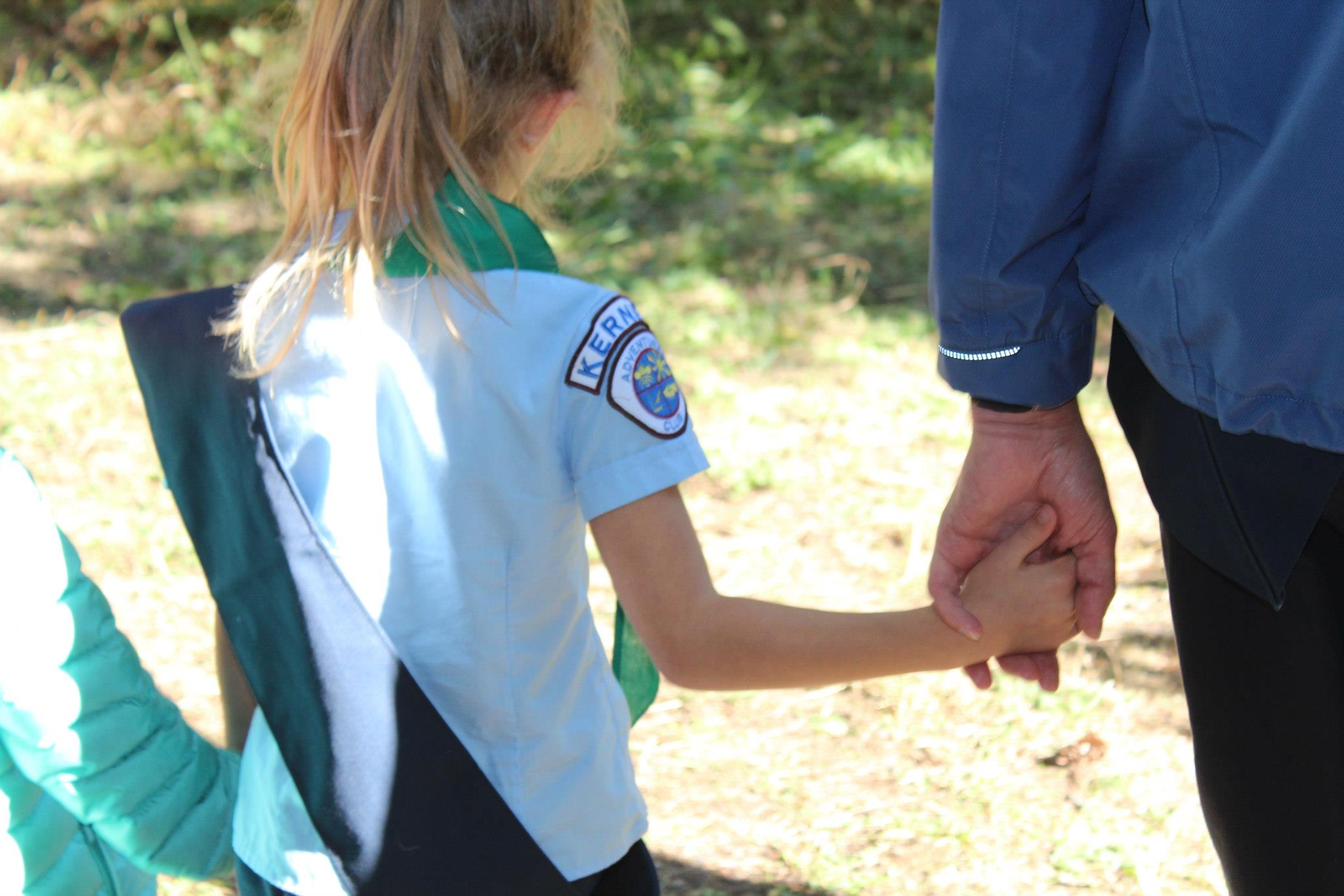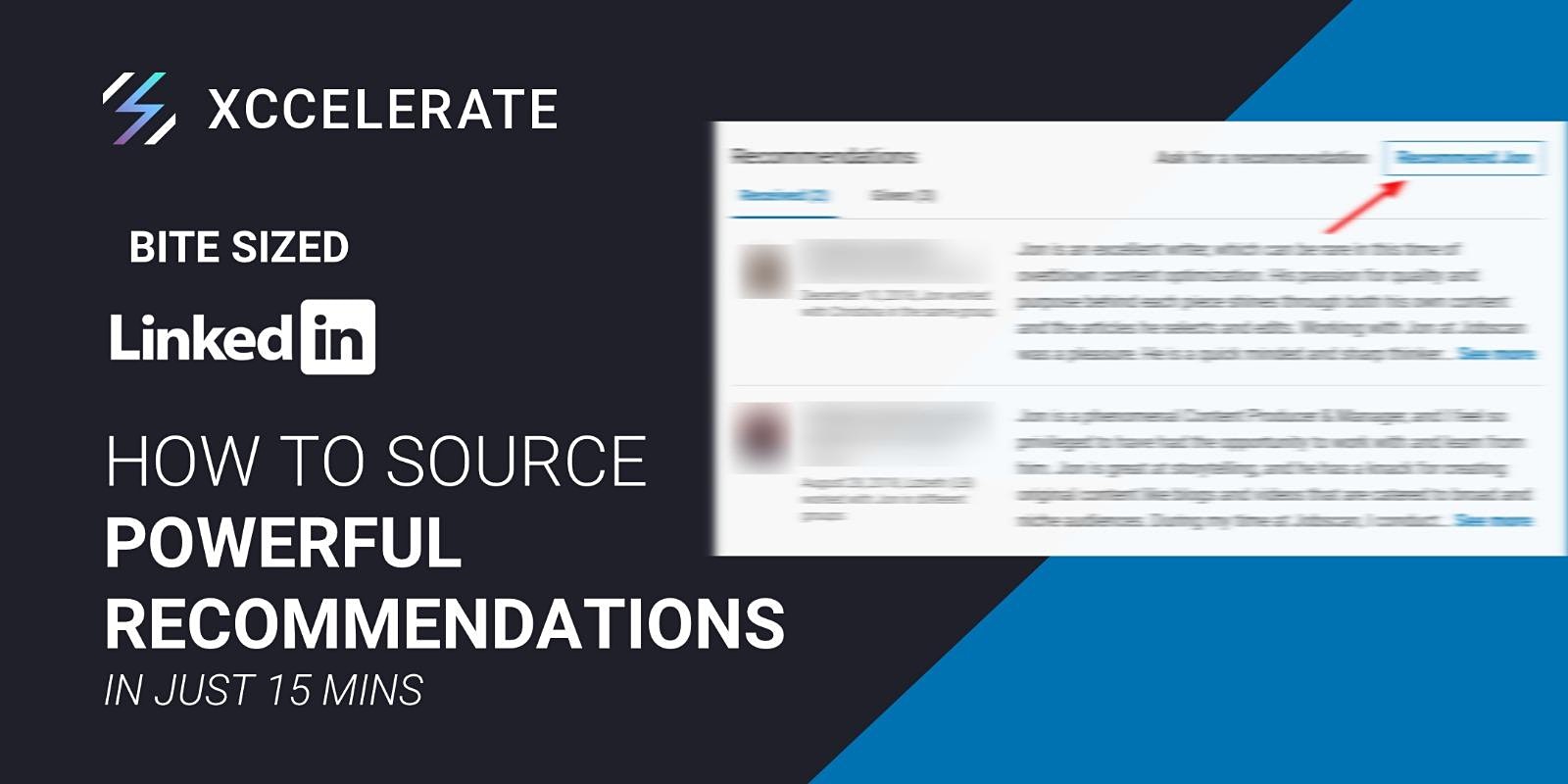
ClassDojo – Connects teachers with students and parents to build classroom communities.CenturyTech – Personal learning pathways with micro-lessons to address gaps in knowledge, challenge students and promote long-term memory retention.

UNICEF guidance on how parents and caregivers can talk children about COVID-19.UNICEF guidance on how teachers should talk to children about COVID-19.WHO mental health and psychosocial guidance during the COVID-19 outbreak.InterAgency Standing Committee guidelines to protect and improve people’s mental health and psychosocial well-being in the midst of an emergency.Resources to provide psychosocial support They are categorized based on distance learning needs, but most of them offer functionalities across multiple categories. While these solutions do not carry UNESCO’s explicit endorsement, they tend to have a wide reach, a strong user-base and evidence of impact. Most of the solutions curated are free and many cater to multiple languages. The list of educational applications, platforms and resources below aim to help parents, teachers, schools and school administrators facilitate student learning and provide social care and interaction during periods of school closure. More on UNESCO's COVID-19 Education Response UNESCO Atlas of the World's Languages in Danger.MGIEP - Mahatma Gandhi Institute of Education for Peace and Sustainable Development.IESALC - International Institute for Higher Education in Latin America and the Caribbean.IITE - Institute for Information Technologies in Education.


ICTP - International Centre for Theoretical Physics.IIEP - International Institute for Educational Planning.UNEVOC - International Centre for Technical and Vocational Education and Training.Education for Sustainable Development Network.International Coalition of Inclusive and Sustainable Cities – ICCAR.Intergovernmental Oceanographic Commission.Advancing the 2030 Sustainable Development Agenda.


 0 kommentar(er)
0 kommentar(er)
